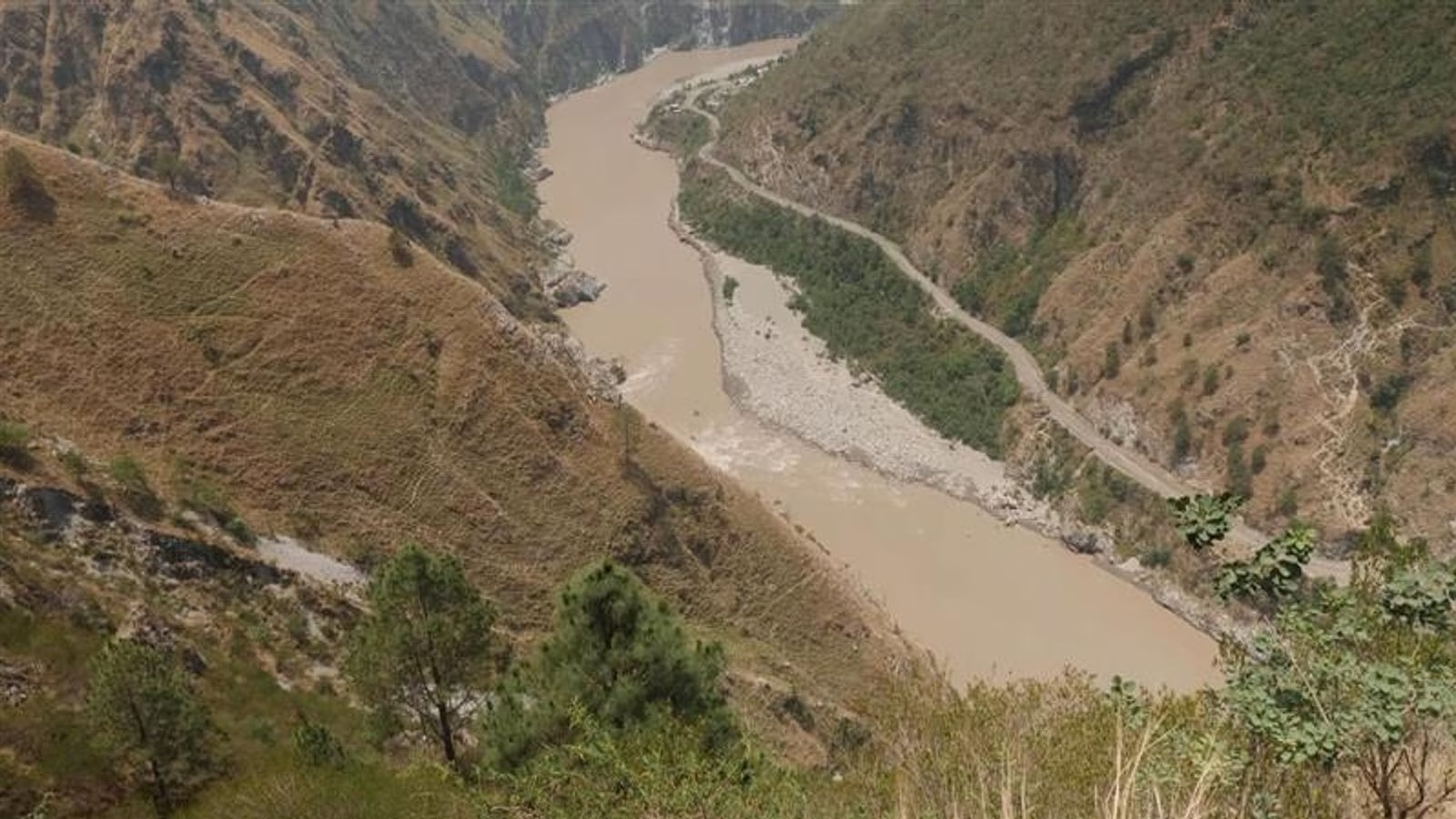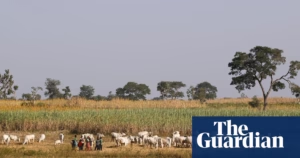A potential water war is looming after India suspended the Indus Water Treaty in response to terror attacks in Kashmir, which were followed by a four-day conflict between the two nuclear-armed neighbors. Pakistan has warned that not reversing this decision could be considered an act of war, with India responding that blood and water cannot flow together.
The Indus Water Treaty (IWT) of 1960 governs how the six rivers that flow through India are shared. India gets unrestricted use of the three eastern rivers (Ravi, Beas, and Sutlej), while Pakistan is allocated the lion’s share of the three western rivers (Indus, Chenab, and Jhelum). Despite India’s ability to use some waters from the western rivers for irrigation and hydropower, it is required to release all waters downstream.
Surinder Thapa, a former chief engineer of the Baglihar Dam and a veteran of the Indus Water Treaty Commission, believes the treaty is unfair and has caused financial losses to India due to Pakistani stalling tactics. India has demanded a modification of the treaty to reflect its changing requirements and international law allows India to take its position.
Pakistan’s agricultural sector, which employs over half its population, heavily relies on the Indus network, and causing disruptions could have significant economic and social repercussions for Pakistan. As tensions rise, there are deep concerns and fears among Pakistani farmers and in international relations.
Source: https://news.sky.com/story/a-potential-water-war-in-the-making-crucial-india-pakistan-agreement-hangs-in-the-balance-13375454








